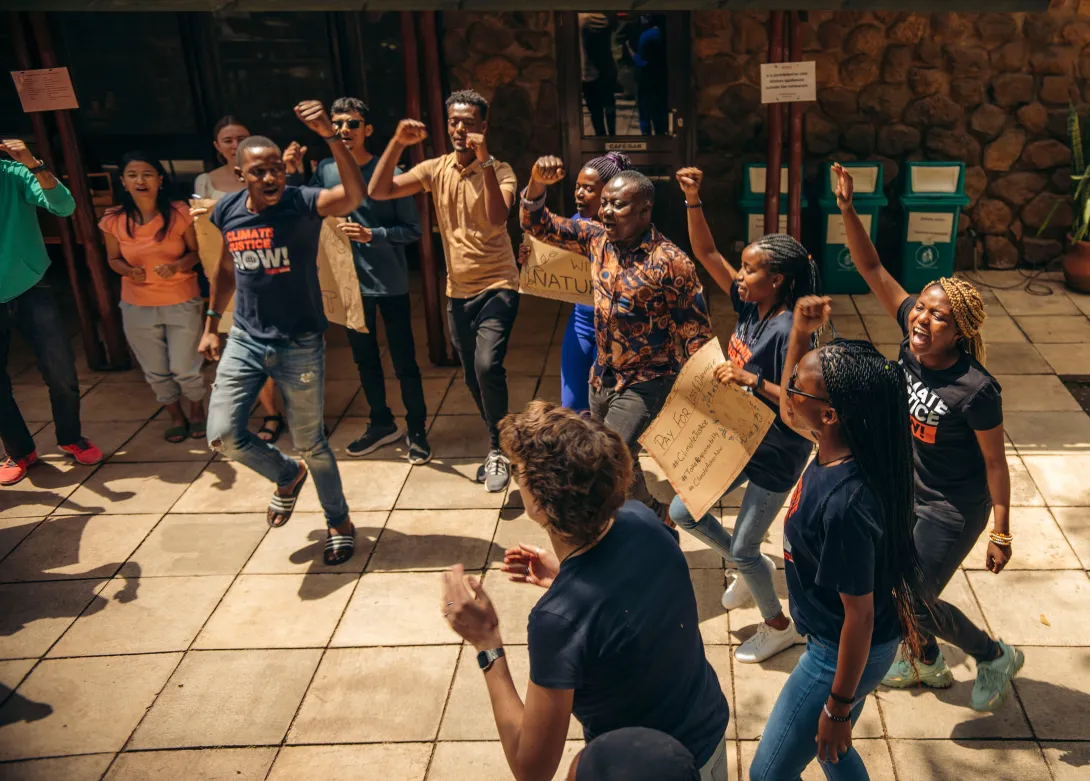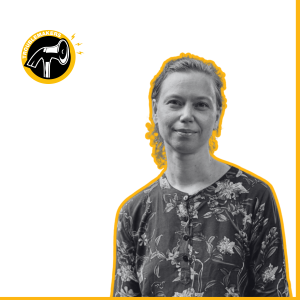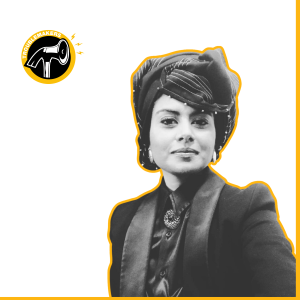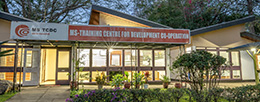
Overcoming Resistance in Advocacy
In many communities, advocating for social justice can be met with misunderstanding, especially amid a politically sensitive time. This was the reality for Livert Mudzinganyama, a young leader whose journey through the climate justice and Public Policy Advocacy and Influencing programmes strengthened his knowledge and ability to build trust, engage different stakeholders and drive transformation in his community.
Upon returning to work during a politically sensitive pre-election period, he faced alegations that the training was politically motivated. Instead of pushing back defensively, he took the time to engage with local leaders, explaining that the training's purpose was about justice and resilience. Livert's journey shows how embedding advocacy into the community's context turns vulnerability into solutions.
Transparency on the inequalities that are happening and their effects leads to collective ownership of the the fight for justice. As communities, we hold the power to demand for justice, and hold the duty bearers accountable. Amidst resistance from political leaders to support his course, Livert used open dialogues to share his experienced knowledge from the courses to work to the advantage of his community. This experience reinforced a key lesson from the training - the power of truth in advocacy work.
I realized that it is a citizen's duty to make sure those who are in power should account as provided by the constitution. I started to see the courage to confront injustices from a policy perspective.
Connect The Issues to Real-life Concerns
The power of knowledge is when it can be localised to context relevance.
During the training, the introduction of climate change as an intergenerational challenge opened my mind and made me think of how my kids will live if nothing is done, since a victim of climate-induced disasters also gets me to think of the severity, said Livert.
Use Multiple Platforms to Amplify Your Voice
Livert utilised various platforms to raise awareness and build momentum, including joining national and local forums, participating in advocacy movements, and engaging in youth-led discussions and radio programs. His efforts in these areas gained him recognition, leading to an invitation to join a development committee. He mentored other young people, one of whom advanced to the Youth Parliamentary Caucus in Zimbabwe’s Parliament.
Collaboration Yields Greater Results
Through his advocacy work, Livert was able to secure office space through a local NGO, which enhanced their credibility and facilitated fruitful partnerships. These collaborations led to campaigns on cleanups, tree planting, and advocacy, as well as an MoU with the Ministry of Youth, together with his team, Livert also launched a fish farming project to support livelihoods.







